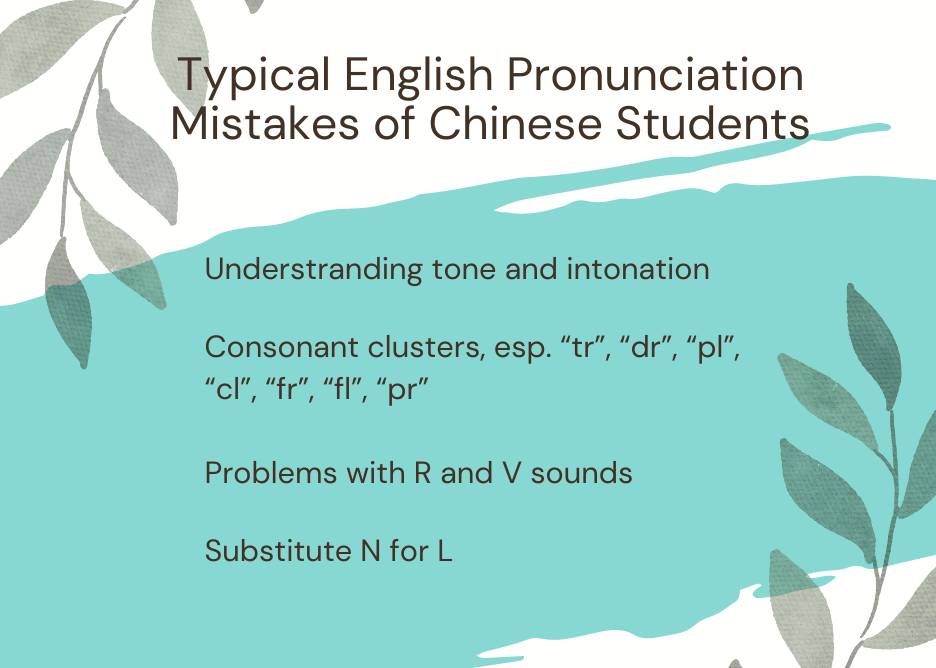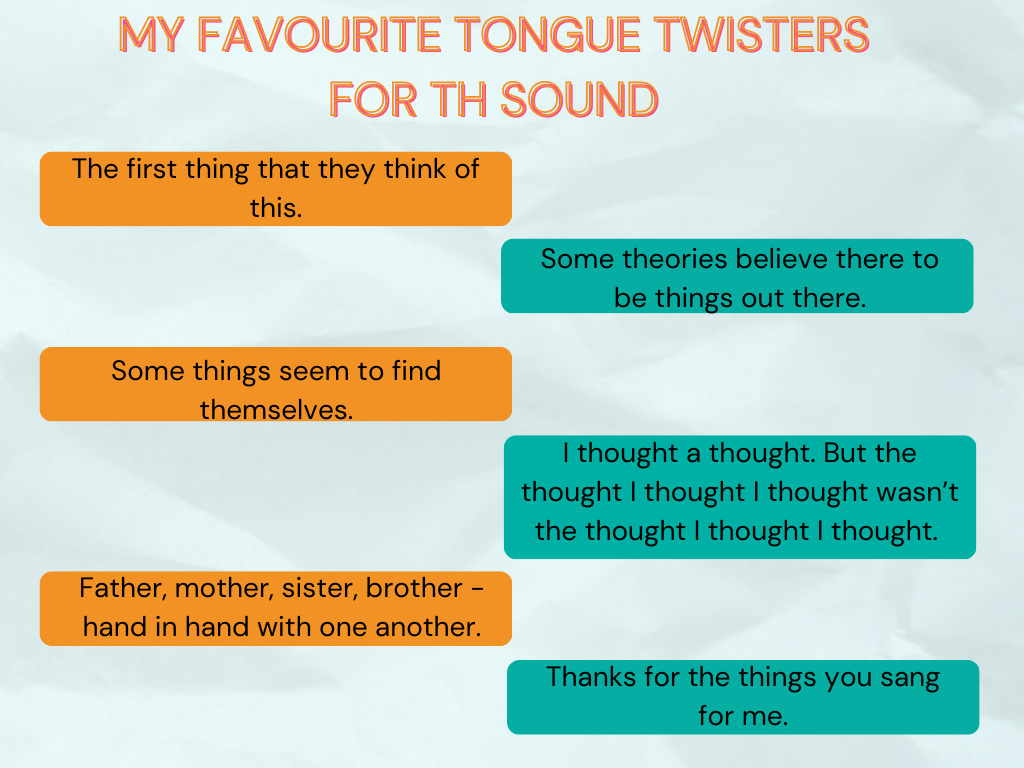Full of enthusiasm and hope for a better future, I started to learn English before coming to the USA. I saw the source of the abilities for my professional path in a foreign country. I was working really hard, and six hours of courses a week was not my limit. I was practicing to change my Chinese English accent, suggesting that my work would be rewarded with a high evaluation on IELTS.
A change Chinese to English on my smartphone, the long hours of education, and efforts in learning were not fruitless. I was able to read in English, write properly to be understood (at least in the comments to the videos on youtube), and English songs got the meaning for me. The problem I was not attentive enough was my pronunciation.
“R” and “L” were clearly different at reading but still could be mixed in my speaking. Consonants appeared and disappeared in the endings by themselves, even though I was aware of where they were supposed to be and where they were not. Long story short – I failed my IELTS and got the lesson about the need for accent training. To improve my writing and communicate more clearly in academic settings, I later sought professional essay writing assistance, which helped me focus on grammar and structure while continuing to work on my pronunciation.
The Power of Accent
If you’re expecting a classic success story—where I tell you how I completely got rid of my Chinese accent and now speak with flawless pronunciation, indistinguishable from a native speaker—I’m afraid I’ll have to disappoint you.
No, I didn’t. I worked on my pronunciation, improved my speaking skills, and got into a college in the USA. But you can still tell where I’m from, both by my accent and my facial features.
Let’s be honest—unless you’re presenting yourself as a Harvard graduate with a major in English linguistics, no one expects you to speak without an accent. Not even the examiners who grade your IELTS, TOEFL, or any other English proficiency test.
What people do expect is that you have a clear, understandable pronunciation—whether it’s General American English, British English, or another widely recognized standard.
Yes, it’s challenging. English and Chinese are vastly different languages. English has sounds like “th,” which are notoriously difficult for many non-native speakers—not just Chinese, but people from all over the world. And as if that weren’t enough, “th” has two different pronunciations.
Why Are Apps and Websites NOT the Solution?
If you’ve made it this far, I don’t need to teach you how to use Google. The internet is overflowing with websites for learning English, and all it takes is a quick visit to the App Store, Play Market, or any other platform to find dozens of language-learning apps. Some even promise to help you master the American accent. And if your goal is simply to learn English for personal enjoyment, these resources can definitely be useful.
But if your goals are more serious and time-sensitive, you should treat these apps and websites as supplementary tools rather than primary learning methods. They can provide a foundation and serve as a helpful background for skill development, but they won’t be enough on their own.
What you truly need is a tutor—someone who can identify your specific weaknesses and help you correct them. Ideally, this should be a native speaker.
Of course, we all know that native-speaking tutors can be expensive. That’s why an experienced teacher specializing in accent training is also a great option.
But Supplements Are Still Necessary
Let’s say you’ve found the perfect tutor who is guiding you through English and helping you refine your American accent. You could stop there—but that wouldn’t be the smartest choice.
Language, like any other skill, requires continuous practice. You don’t have to limit your learning to tutoring sessions or assigned homework. The more exposure and practice you get, the better your skills will become. Even something as simple as laughing at English memes or listening to music can contribute to your progress. something as simple as giggling at English memes or listening to music can improve your final result.
Listening to English is crucial for improving your comprehension skills. But it also enhances your speaking ability—even if you don’t actively repeat after a speaker or singer. You may have heard of the concept of a language environment—the kind you naturally enter when studying abroad. Being fully surrounded by a foreign language forces you to learn it faster.
While you can’t fully recreate an immersive English-speaking environment in your hometown, you can build something close to it. By exposing yourself to English as much as possible, you accelerate your learning process and make the language feel more natural.
How to Sound More Natural?
You face two main challenges. The first is your Chinese accent in English. As I mentioned earlier, no one expects you to have a perfect accent, free of any traces of your native language. But you can develop clear, confident, and natural-sounding speech.
One effective technique is practicing tongue twisters—they help train your tongue to differentiate tricky sounds and improve pronunciation. Another great tool is music. Pay attention to songs that get stuck in your head; they help you internalize not just individual words, but also full phrases and sentence structures. The more you listen, the more naturally the language will come to you.
Mastering Common Constructions and Phrases
The second challenge you might face is using natural-sounding phrases and sentence structures. Every language has common expressions and fixed constructions that native speakers use effortlessly without even thinking about them.
Listening to music, watching movies, and exploring YouTube videos can help you familiarize yourself with these natural phrases. The key is to focus on modern, relevant expressions rather than outdated idioms like “raining cats and dogs.” Instead, go for something short, punchy, and widely used—like “cut to the chase.”
Don’t Be Afraid
We all feel nervous before important tests, even though we know stress doesn’t help us perform better. The key is to do everything possible to feel comfortable.
Make sure to get enough sleep the night before your exam. Don’t skip breakfast (or lunch, if your test is scheduled for the afternoon). While waiting for your turn, you can even suggest practicing English with other test-takers—it will warm you up and ease your nerves. And don’t forget to repeat your favorite tongue twisters! (By now, I trust you have a few.)
And most importantly—remember this: having a Chinese accent is not a problem. What is a problem is unnecessary anxiety. Every failure is a lesson that helps you improve. So take a deep breath, trust yourself, and speak—not too fast, not too slow—just calmly and with confidence.
Frequently Asked Questions
Do I need to completely get rid of my accent?
No, you don’t. The goal is not to erase your accent but to make your pronunciation clear and easily understood. Many non-native speakers retain a slight accent but still communicate effectively.
Can I learn a good accent just by using apps and websites?
Not entirely. While apps and websites can help with vocabulary and grammar, they can’t correct your pronunciation in real time. A tutor, especially a native speaker or an accent coach, is highly recommended for real improvement.
How can I create an English-speaking environment at home?
You can immerse yourself in English by listening to music, watching movies, changing your phone’s language settings, and even speaking to yourself in English. The key is consistent exposure.
Are tongue twisters really useful for pronunciation?
Yes! Tongue twisters challenge your articulation and train your mouth to form difficult sounds correctly. They are a great way to improve clarity and fluency in speaking.
What should I do if I get nervous before an English test?
Try to stay relaxed. Sleep well the night before, eat a proper meal, and warm up by practicing English before the test begins. Confidence and a calm mindset can significantly improve your performance.








